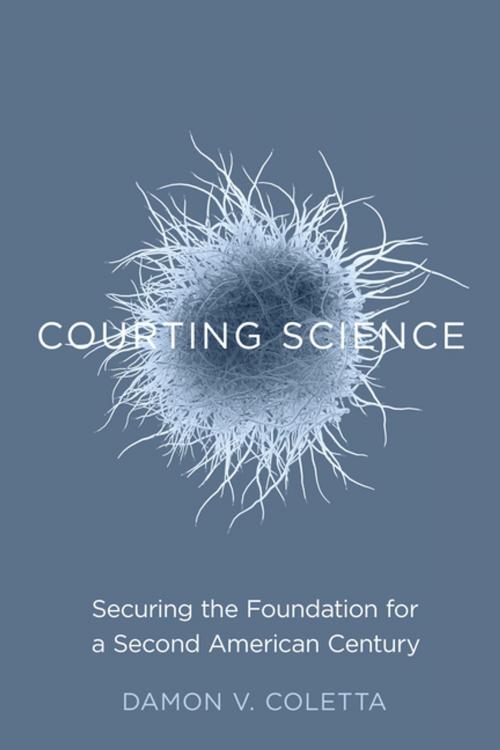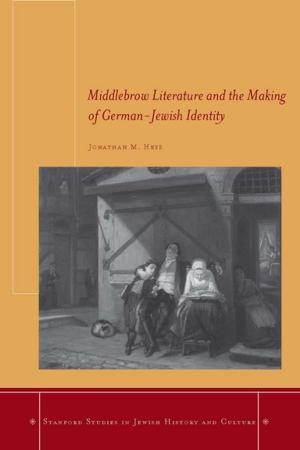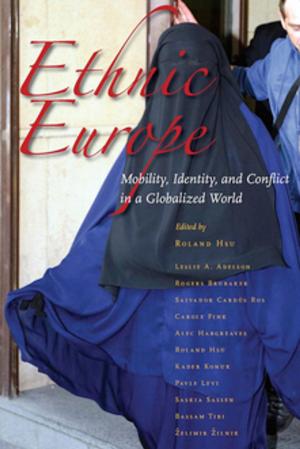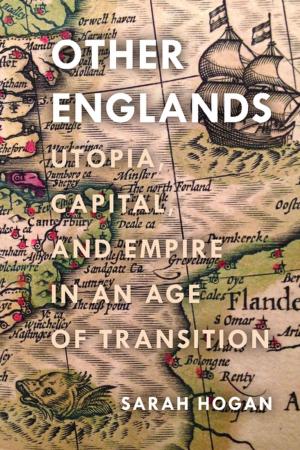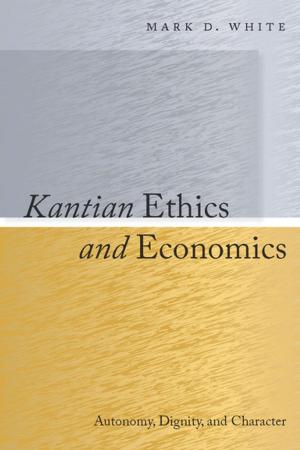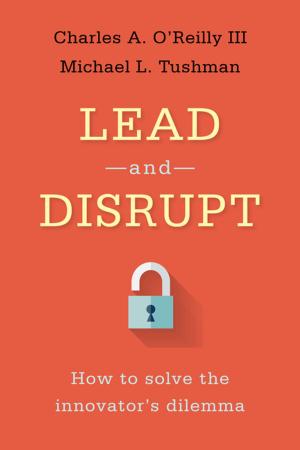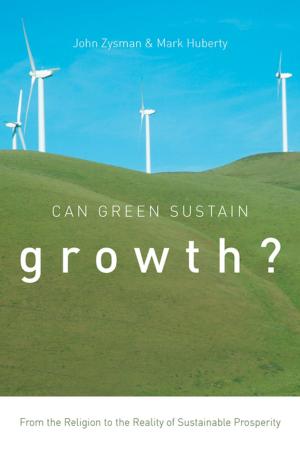Courting Science
Securing the Foundation for a Second American Century
Nonfiction, Social & Cultural Studies, Political Science, International, International Security| Author: | Damon V. Coletta | ISBN: | 9780804798969 |
| Publisher: | Stanford University Press | Publication: | May 25, 2016 |
| Imprint: | Stanford Security Studies | Language: | English |
| Author: | Damon V. Coletta |
| ISBN: | 9780804798969 |
| Publisher: | Stanford University Press |
| Publication: | May 25, 2016 |
| Imprint: | Stanford Security Studies |
| Language: | English |
In Courting Science, Damon Coletta offers a novel explanation for the decline of American leadership in world affairs. Whether the American Century ends sooner rather than later may depend on America's capacity for self-reflection and, ultimately, self-restraint when it comes to science, technology, and engineering. Democracy's affinity for advanced technology has to be balanced against scientific research and progress as a global enterprise. In an era of rising challengers to America's lead in the international order and an increasingly globalized civil society, a "Scientific State" has a better chance of extending its dominance. In order to draw closer to this ideal, though, the United States will have to reconsider its grand strategy. It must have a strategy that scrutinizes how tightly it constrains, how narrowly it directs, and how far it trusts American scientists. If given the opportunity, scientists have the potential to lead a second American Century through domestic science and technology policy, international diplomacy, and transnational networks for global governance.
In Courting Science, Damon Coletta offers a novel explanation for the decline of American leadership in world affairs. Whether the American Century ends sooner rather than later may depend on America's capacity for self-reflection and, ultimately, self-restraint when it comes to science, technology, and engineering. Democracy's affinity for advanced technology has to be balanced against scientific research and progress as a global enterprise. In an era of rising challengers to America's lead in the international order and an increasingly globalized civil society, a "Scientific State" has a better chance of extending its dominance. In order to draw closer to this ideal, though, the United States will have to reconsider its grand strategy. It must have a strategy that scrutinizes how tightly it constrains, how narrowly it directs, and how far it trusts American scientists. If given the opportunity, scientists have the potential to lead a second American Century through domestic science and technology policy, international diplomacy, and transnational networks for global governance.
